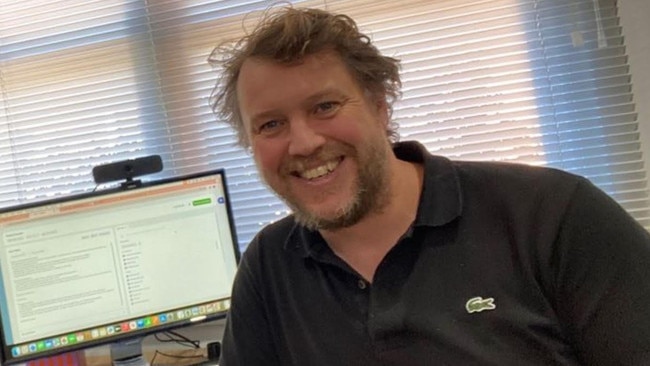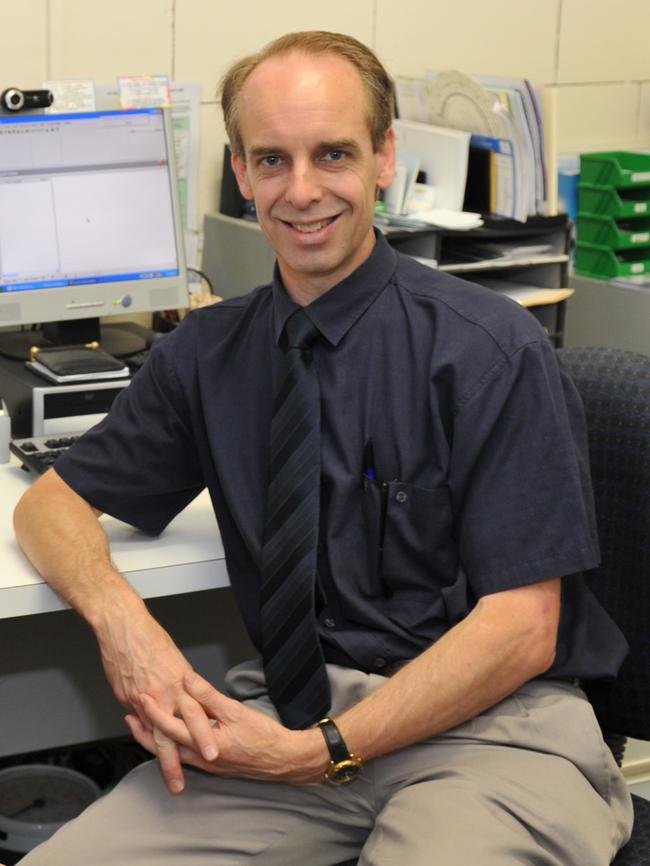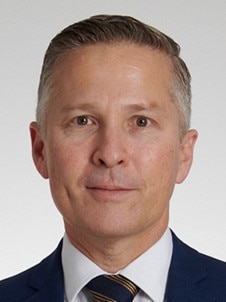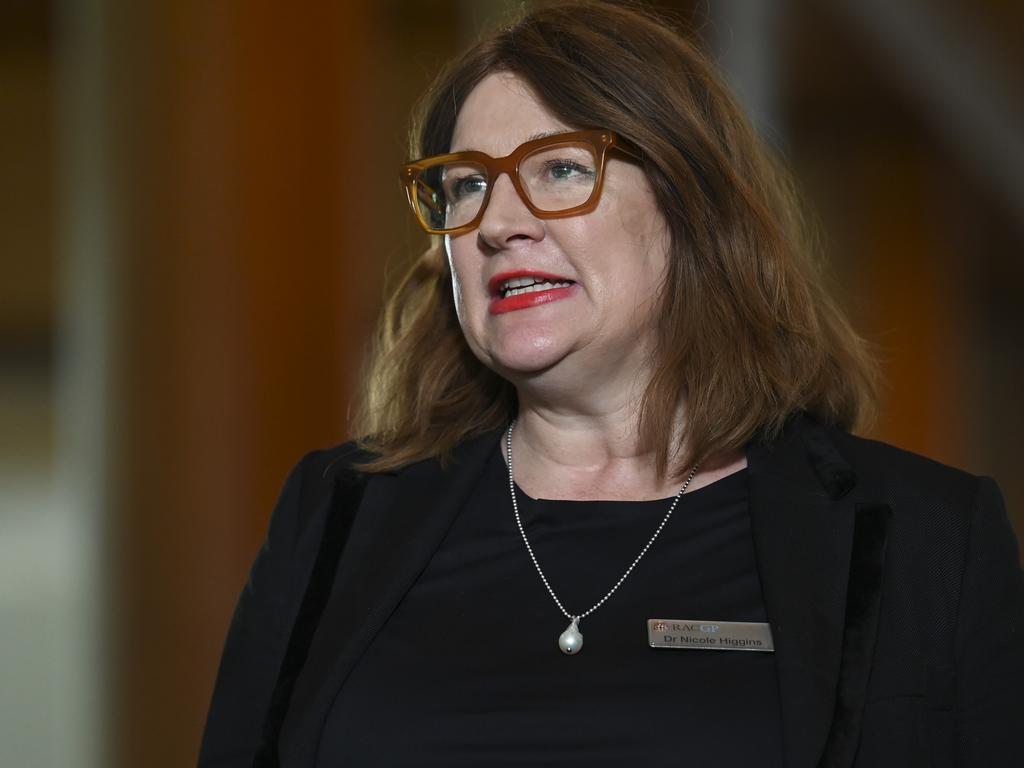‘Death by a thousands cuts’: digihealth contractor charges GPs for essential programs
HealthLink has made itself essential to government medical services, now its attempts at ‘harmonising’ could strip the last ‘fat on the bone’ from general practice.

The largest digital medical referral service nationally will begin charging GPs for its platform, causing outcry among doctors who are obligated to use it by government health programs.
Secure messaging service HealthLink will roll out its subscription model from February 1, handing costs on to the 90 per cent of GPs it claims use its service. The additional charges were announced by an email to practices, seen by The Australian.
Clinics with one to three GPs will be charged $252 a year, which rises to $600 for those with four to 10 GPs and $1000 for 11 to 20 GPs. Larger practices would be asked to negotiate a price structure.
Newcastle GP Max Mollenkopf argued the charge was “predatory” given the program’s integration into NSW Health.
“It’s no longer a market decision about what we want to do. If my patient wants to get their driving assessment done I have to have a subscription with HealthLink,” Dr Mollenkopf said.
“It feels like now they’re so cemented in place, they’ve obviously decided that they’d like to capitalise on that. Why are you forcing me to have a subscription to do something that the patient needs to have done?”

HealthLink is the main referral service for My Aged Care, which is a federally run program.
It is also integrated into Western Australia’s Central Referral Service and the NSW Health electronic referral management system. In 2022, Transport for NSW opted to stop using physical Fitness to Drive medical forms in favour of digital forms through HealthLink.
“It’s death by a thousand cuts for general practice when it comes to the financial onus of running a practice,” Dr Mollenkopf said. “There is not a lot of fat on the bone.
“In reality, I’m not going to eat the cost of this as a business. It’s going to be my patients that are harmed, which is just really unfair. I want to have system-wide efficiency, and I want to have systems that work, and I want to have widespread digital adoption … but it’s private companies that constantly provide these things.
“There has been a constant patchwork system that has led to constant gaps, we have hundreds of Band-Aids laid across each other, and it’s private providers that have been providing those Band-Aids.”
HealthLink far outstrips competitors Medical Objects, primarily used in Queensland, and Tasmania’s ReferralNet. It acquired its only other major competitor, Argus, in January 2024.
Argus was a subsidiary of Telstra Health and its acquisition was called the first of many “opportunities for standardisation across the healthcare sector”. It had charged GPs a subscription for its services, limiting its usage.
HealthLink used the acquisition to justify its new fees, telling one GP it was “harmonising subscriptions across all practice types”. “We understand this is a change, but to be able to continue to provide the HealthLink messaging solution … has meant introducing a fee for practices,” HealthLink said in its memo. “We have attempted to keep this charge very modest.”
“We will be harmonising our subscription model for general practice … to ensure it is cost effective and scalable.
“The next stage of our commitment involves us working with national stakeholders on the coming generation of data sharing technologies for healthcare in Australia.”


Royal Australian College of GPs technology expert Rob Hosking said the HealthLink fee would compound pressures from diminished Medicare rebates.
“They’ve got a monopoly and it’s an added cost to general practice that we didn’t have until now,” he said. “There are no other free systems around. The big issue is that these systems are not interoperable. I don’t know whether you’re on Telstra or Vodafone or Optus, but I can just pick up the phone and ring you, whereas with these systems, you have to be on the same product, they don’t work together.”
“If it’s a public service, then it should be provided by the government.”
Dr Hosking compared HealthLink’s domination of the market to the monopolisation of digital prescriptions by MediSecure, which culminated in one of the biggest data breaches in Australian history and MediSecure’s entry into administration.
The federal, state and territory Health Ministers were contacted for comment, as was HealthLink.
“GPs can continue to refer patients to NSW Health clinics outside of HealthLink using existing referral pathways,” a spokesperson for NSW Health Minister Ryan Park said.
“There is no charge to GPs for referrals to public hospital clinics through HealthLink as the cost of this service is covered by NSW Health.”
A Victorian government spokesperson said GP funding and oversight was a federal responsibility, while a federal government spokesperson gave general remarks on its commitment to digital health.
Currently, the majority of HealthLink’s revenue comes from fees paid by specialist providers for more efficient referrals, namely major radiology and pathology firms, as well as services it provides to public hospitals in NSW, South Australia, Western Australia and sections of Victoria. It also is paid for developing digital ‘smart forms’ for state and federal agencies.
RACGP president Michael Wright said the “ransom” fee would likely drive GPs to abandon digital health initiatives in greater numbers.




To join the conversation, please log in. Don't have an account? Register
Join the conversation, you are commenting as Logout